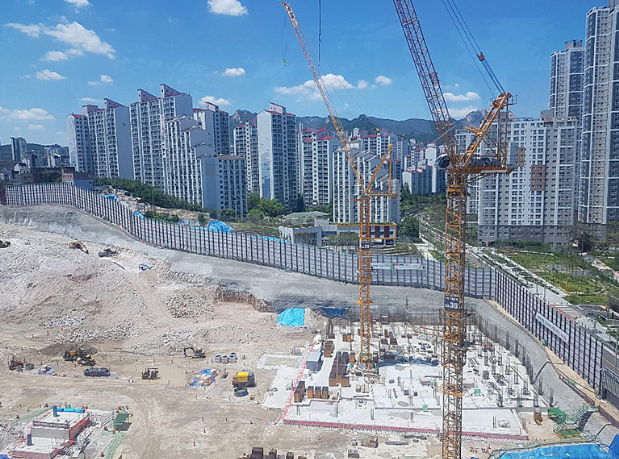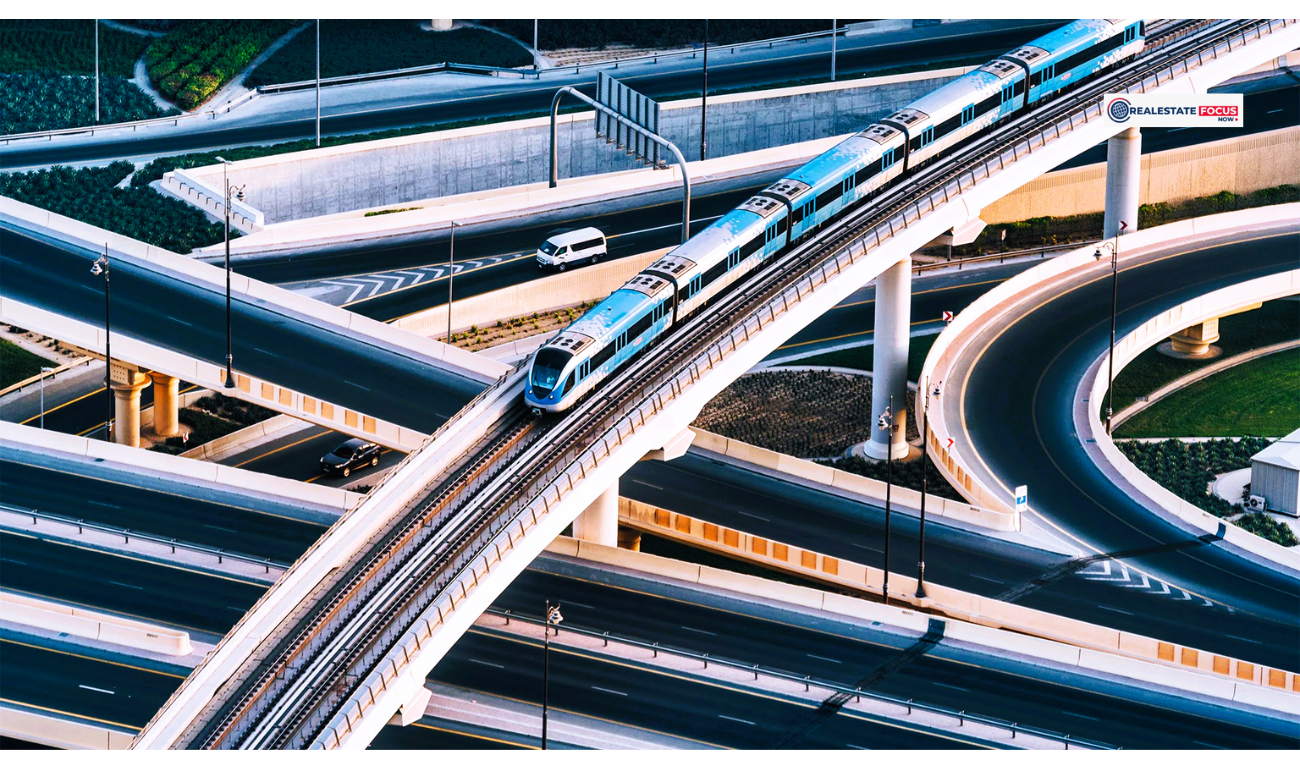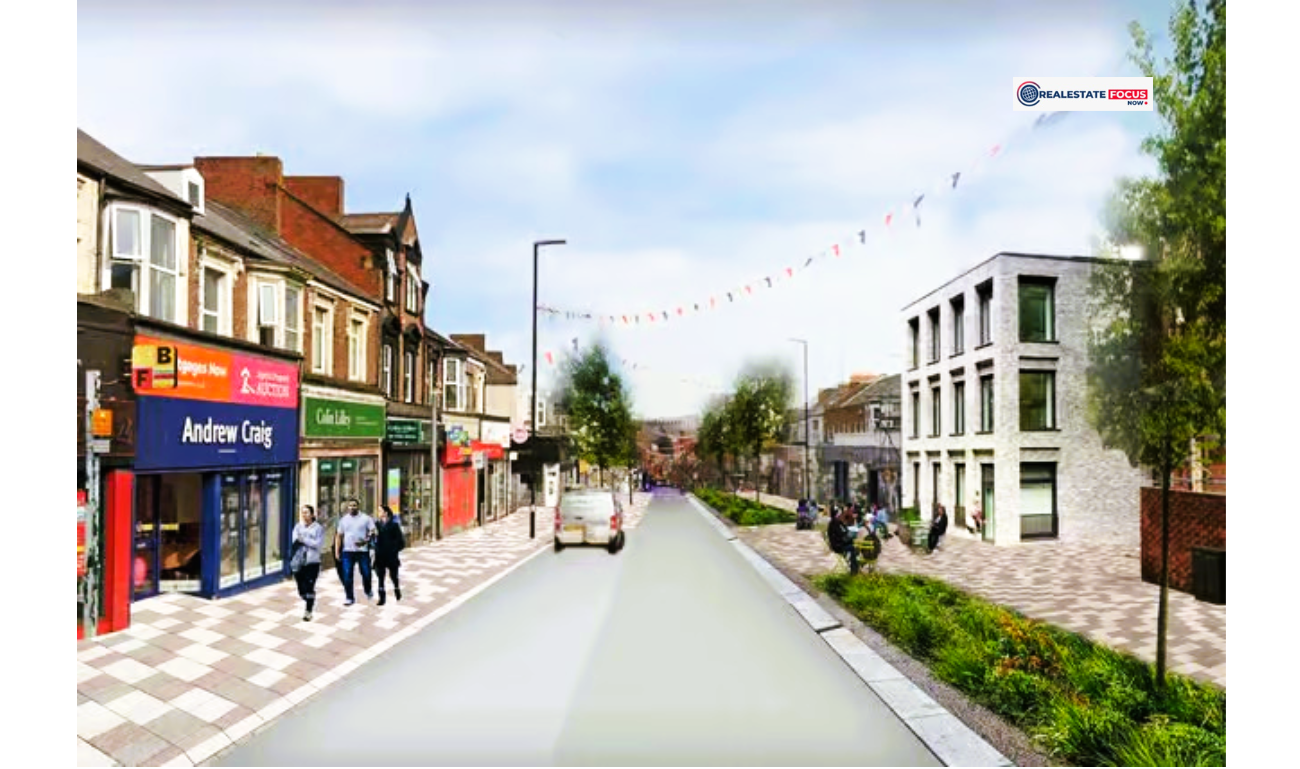

Kalpataru Secures Major Redevelopment Project in Mumbai with Revenue Potential of ₹2,000 Crore
Kalpataru Limited, one of Mumbai’s leading real estate developers, has successfully secured two significant redevelopment agreements with housing societies in the city. These projects are situated in high-demand residential areas, namely Chembur and Goregaon, two of Mumbai’s most vibrant neighborhoods.
The redevelopment spans a total of 7.37 acres of land, with a combined redevelopment area of approximately 1.5 million square feet. Kalpataru’s involvement in these high-value projects indicates the company’s growing footprint in Mumbai’s competitive real estate market.
The total revenue potential from these projects is estimated to reach ₹2,000 crore, reflecting the significance of the agreement in terms of both financial scale and the impact it could have on the city’s real estate sector.
These projects involve redevelopment agreements with two housing societies, the Hari Niketan CHS in Goregaon and the Suman CHS in Chembur. Both housing societies are located in prime areas of Mumbai, where the demand for residential real estate is consistently high due to their proximity to commercial centers, transportation hubs, and key infrastructure.
With Mumbai’s growing population and limited land available for new developments, the redevelopment of old buildings offers a viable solution to address the city’s housing shortage. Kalpataru’s agreement to redevelop these properties offers both rehabilitation for existing residents and new homes for prospective buyers, ensuring that the needs of current and future homeowners are met.
The redevelopment process will involve demolishing the old structures and constructing modern, high-rise buildings with cutting-edge amenities and larger, more efficient living spaces. In total, the project will include the creation of 480 new residential units for sale on the open market and over 320 units designated for rehabilitation, ensuring that current residents will be able to remain in the neighborhood after the redevelopment.
These modern, upgraded living spaces will provide better access to facilities such as green spaces, recreational areas, and updated safety features, making them more appealing to potential buyers. For existing residents, the redevelopment promises improved living conditions, with more spacious and secure homes designed for contemporary urban lifestyles.
The agreements for these two projects were finalized in late 2024 and early 2025. The registration of the Hari Niketan CHS agreement occurred in October 2024, with a stamp duty payment of ₹6.53 crore, and the agreement for Suman CHS was completed in January 2025, with a stamp duty of ₹21.06 crore.
The financial aspects of these agreements underline the significant scale of the redevelopment. These projects are valued at ₹328 crore in total, further demonstrating the high investment potential involved in such large-scale real estate endeavors.
For Kalpataru Limited, these agreements represent an important step in securing high-value projects that not only offer financial returns but also contribute to the transformation of Mumbai’s real estate landscape.
Redevelopment is a key strategy in addressing Mumbai’s housing shortage. As the city continues to expand both in population and economic significance, the demand for housing in established areas has intensified.
The lack of available land for new developments has made the revitalization of older buildings a crucial part of the city’s real estate strategy. Through redevelopment, developers like Kalpataru can transform aging properties into modern, high-rise buildings that offer improved living conditions while minimizing the environmental and spatial impact that would occur if new areas were developed.
This approach is not only cost-effective but also sustainable, as it helps maximize the utility of existing infrastructure while meeting the growing demand for housing. Mumbai’s real estate market is experiencing a notable shift, with redevelopment projects becoming increasingly common in both established neighborhoods and emerging areas.
The city’s older housing societies, many of which were built decades ago, are in desperate need of modernization. As these projects move forward, they promise to provide thousands of modern living units in prime locations while adhering to updated building codes and safety standards.
The redevelopment of properties like Hari Niketan CHS and Suman CHS is part of a broader trend in the city where developers are securing redevelopment rights to older buildings and offering better living spaces for both current residents and new buyers.
As more developers embrace this model, the landscape of Mumbai’s real estate market is likely to change. Major developers such as Mahindra Lifespaces and Kanakia Spaces Realty are also engaging in redevelopment projects across the city, signaling a shift towards taller, more sophisticated residential structures that cater to Mumbai’s urban population.
This trend also reflects the increasing appeal of luxury living in the heart of Mumbai, with high-rise apartments featuring extensive amenities like gyms, swimming pools, and entertainment spaces. Kalpataru’s ₹2,000 crore redevelopment project is a prime example of how developers are adapting to the city’s growing demand for modern housing solutions while ensuring that older communities are also included in the transformation.
This redevelopment initiative will play a key role in improving the housing situation in Mumbai by offering better quality housing and increasing the supply of residential units in key locations. Kalpataru’s involvement in such high-profile projects showcases its expertise in large-scale developments and its commitment to meeting the needs of a rapidly evolving market.
By blending modern design with improved infrastructure, these new developments will provide Mumbai’s residents with homes that are not only visually appealing but also functional and sustainable. As the city continues to expand, projects like this will be crucial in shaping the future of Mumbai’s real estate market and improving the quality of life for its residents.






























